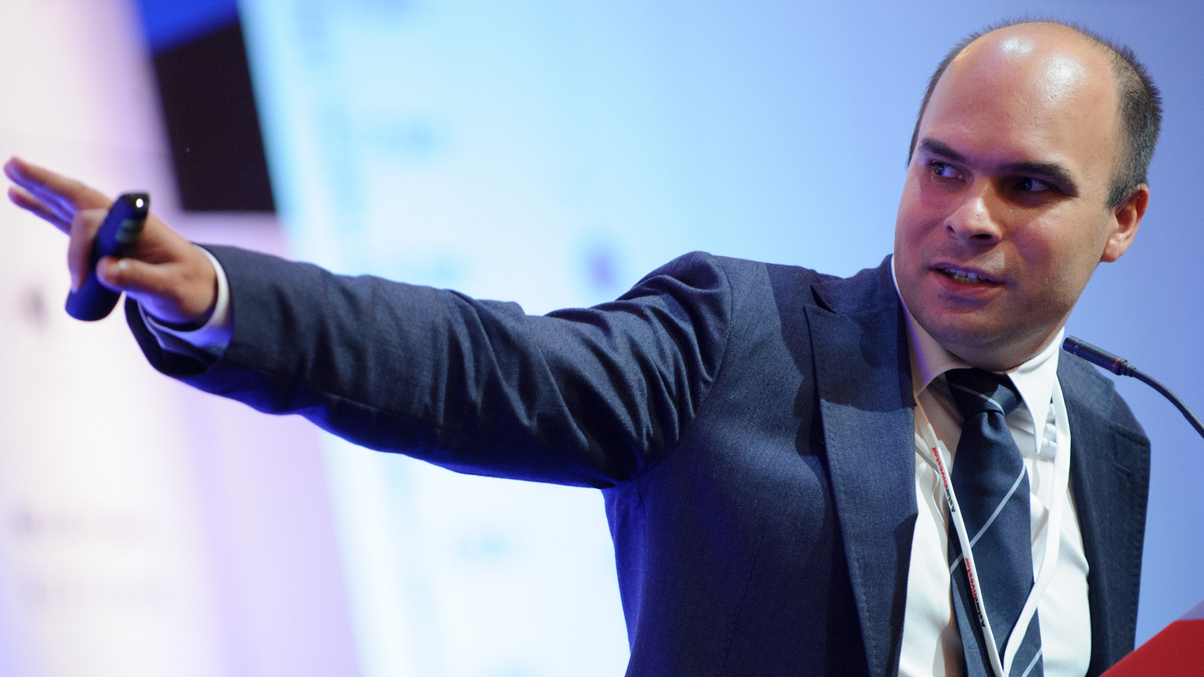Russia seen as needing Chinese capital
Russia is making progress on economic and market development, but it significantly lags international business best practice and is vulnerable to oil price drops.

Senior public officials and financial executives highlight Russia’s development as an investment destination and hope to see more capital inflows from China. But there remain issues such as widespread corruption and vulnerability to oil price shocks.
Sign in to read on!
Registered users get 2 free articles in 30 days.
Subscribers have full unlimited access to AsianInvestor
Not signed up? New users get 2 free articles per month, plus a 7-day unlimited free trial.
¬ Haymarket Media Limited. All rights reserved.


